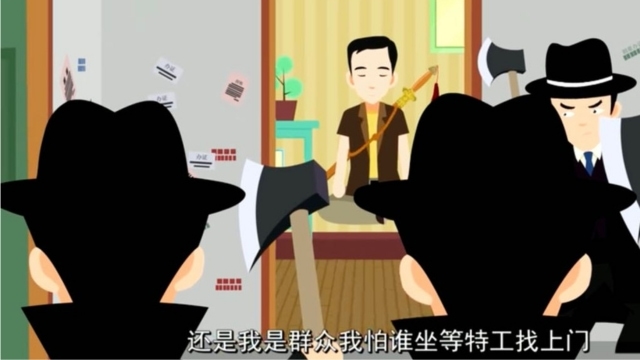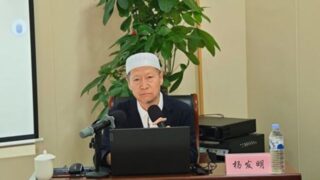With the new rules, all those who send abroad news the CCP does not like may be considered “spies”—including “Bitter Winter” reporters.
by Hu Zimo


By writing this article, I am probably violating the new Chinese anti-espionage law of April 26, 2023. It is true that it will only come into force July 1 next, but it consolidates into a law what the Supreme Court had already introduced into the previous 2014 law by way of interpretive circulars.
The new law explains that it wants to introduce “a holistic approach to national security.” The word may be fashionable, but it hides the fact that “national security” and “state secrets” are left undefined. In practice, it is a “state secret” whose revelation endangers “national security” whatever the CCP defines as such, although we are warned that the aim of the new law is to “expand the scope” of information whose revelation to foreigners is regarded as espionage.
I was not joking about this—and other—articles of “Bitter Winter.” We certainly do our best to reveal facts not generally known, whose knowledge makes the bad image of China in the field of religious liberty and human rights even worse.
One could object that we do not reveal unknown facts to foreign governments or intelligence agencies. But in the law to be part of “national security” the information does not need to be absolutely secret. And article 4.3 covers the case of information detrimental to national security revealed abroad under request or instigation “by foreign institutions, organizations, and individuals other than espionage organizations and their representatives.” So, one can certainly spy on behalf of “Bitter Winter,” but also on behalf of his cousin who lives in Vancouver and would like to chat about human rights in China.
The anti-espionage law also coordinates with other laws in expanding the reasons for which an exit ban can be imposed, including on foreigners, who can be kept hostages in China if it is deemed probable that they would reveal abroad sensitive information.
Simultaneously, China keeps restricting the access to, or deleting data from, its huge electronic data bases that were regarded as a positive feature of the Chinese obsession for big data. Having censored its data bases on legal decisions and scholarly papers, the authorities are now restricting access to Wind Information, a vital tool used by Chinese and international businesses seeking commercial and economic information.
A parallel development has been the arrest of Chinese employees working for American companies, such as the Mintz Group, on accusations of providing sensitive data to their employers. The offices of other American companies have been raided.
Who is a spy in China? Whoever makes available internationally information the CCP would prefer to hide. It looks like a perfect description of “Bitter Winter” Chinese reporters.









